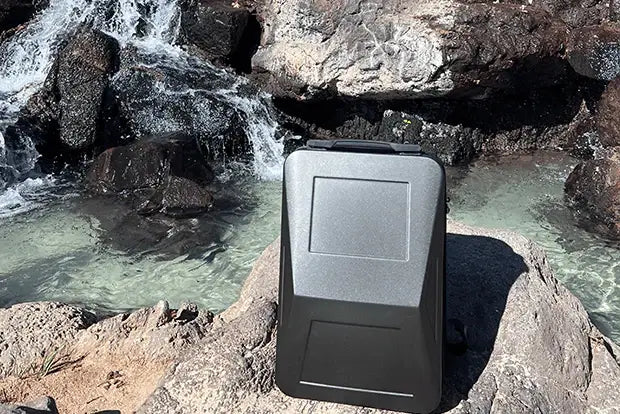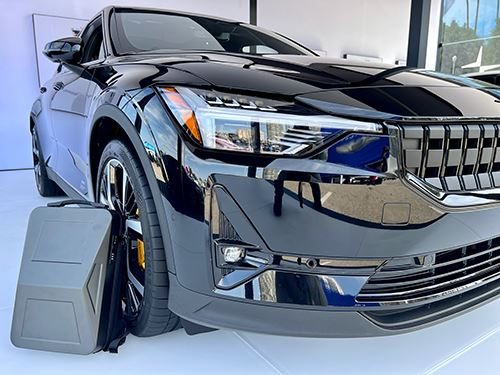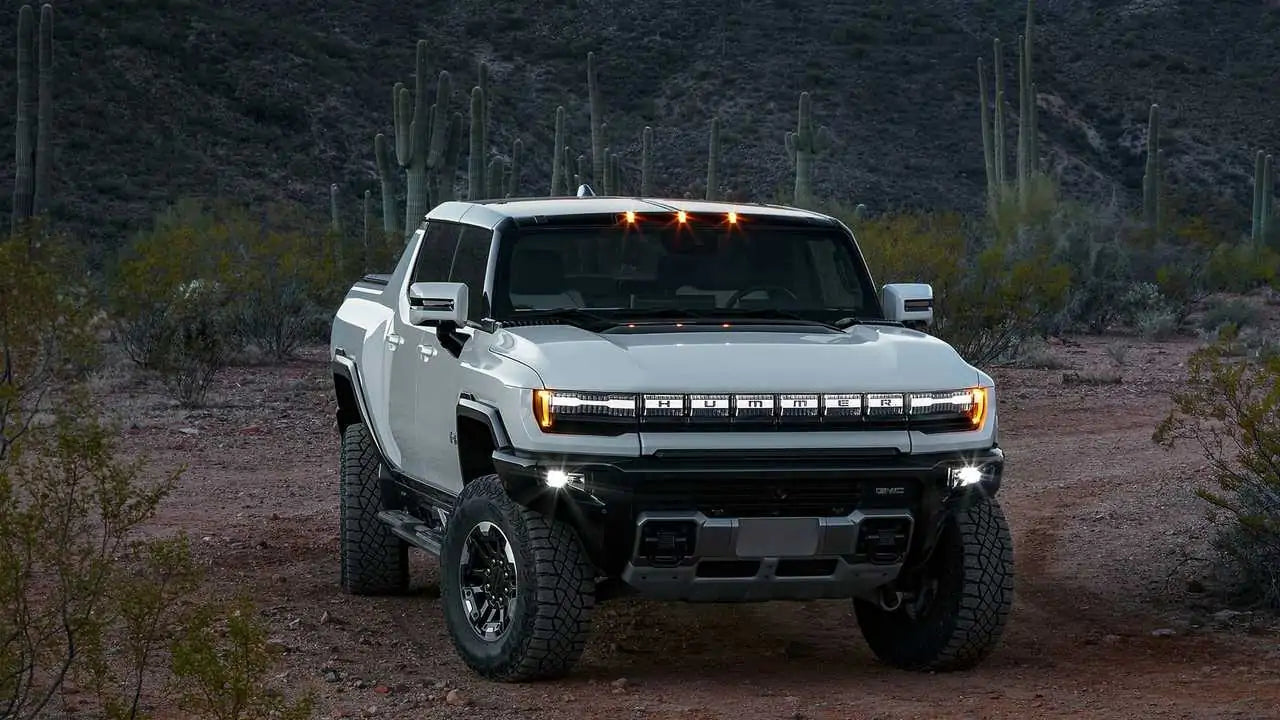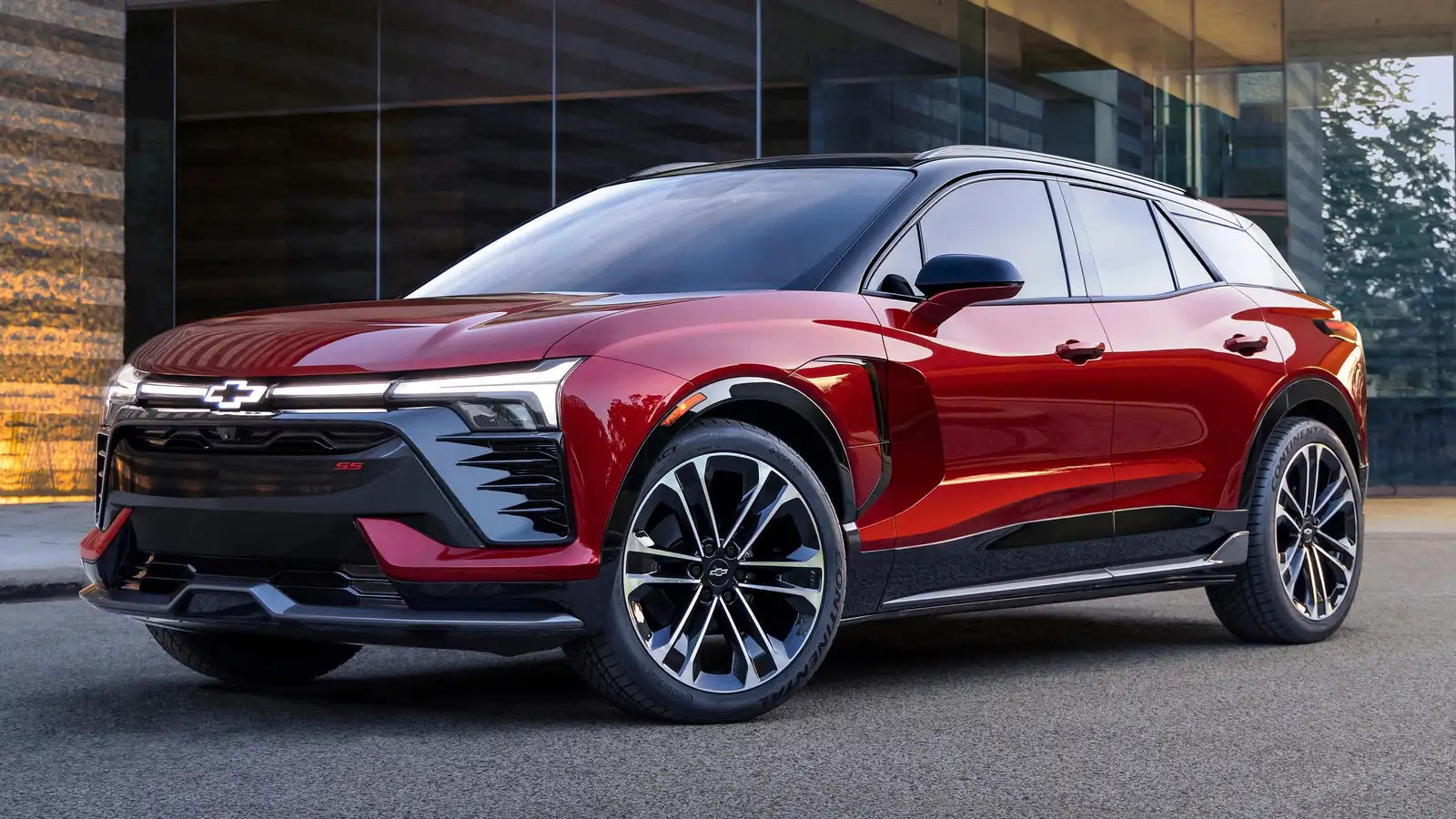According to a letter obtained by Reuters, top executives from General Motors, Ford, Stellantis, and Toyota have pressed Congress to raise the 200,000 sold car threshold on the $7,500 electric vehicle tax credit, citing rising expenses to build zero-emission vehicles.
For well over a decade, the United States has offered a federal tax credit of up to $7,500 to purchases of electric vehicles and plug-in hybrids. The caveat was that when a producer claimed 200,000 of them, the credit would be phased away. Automakers, including General Motors, Ford, Toyota, and Stellantis, are now pushing for the restriction to be lowered across the board.
It's almost as though it's saying, "Look! We're following through on our promises." The letter also details all of the efforts that various corporations have made in electrification in recent years, ranging from investments in the country to the creation of new models.
A surprise turn occurs when the letter indicates that the credit should be phased out once the EV sector is "more mature," with the letter emphasizing that overseas EV growth is critical to growth in the United States.
This would help return automakers to a level playing field. GM's tax credit maximum was reached a few years ago, therefore none of their EVs are qualified for the tax credit. So, while it received the advantages early on, it is now at a disadvantage against competitors with leftover credits, such as those who signed on to this letter.
GM would not be the only one to benefit. Tesla, too, ran out of credits years ago. Nissan still has credits, but not for much longer, since InsideEVs claims that roughly 190,000 Leafs were sold in the United States as of April. As a result, it is likely to be phased out shortly, just as the expected and more costly Ariya is about to hit the market.
However, not all politicians agree, with Democratic Senator Joe Manchin opposing the government footing the price.
Certainly, certain adjustments to the EV tax credit are possible. There are measures in the works that will address cap modifications, the amount of money available, and which vehicles are eligible. Credits of up to $12,500 have been proposed, as well as credits for used EV sales and the restriction of some credits to vehicles in specific price ranges. Of course, any improvements will need some collaboration in a Congress that is sharply divided.












